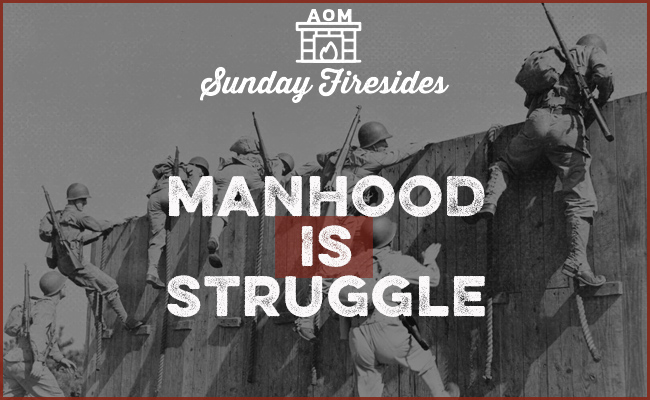Throughout history, the question of whether men are naturally warlike has provoked considerable discourse and debate. This inquiry is particularly pertinent in the context of the Bahá’í teachings, which emphasize the importance of peace, unity, and the essential harmony of humanity. Historically, the construct of masculinity has often included qualities associated with aggression and dominance—traits that society commonly correlates with martial prowess. However, the Bahá’í perspective invites us to reflect critically on these conventions and consider alternatives that promote the spiritual and moral development of men instead of glorifying militaristic ideals.
The Bahá’í teachings assert that inherent characteristics of humanity transcend gender binaries. Manhood, from a Bahá’í viewpoint, is not measured by physical strength or proclivity towards violence, but rather through qualities such as compassion, wisdom, and service to humanity. In this light, one might ponder: Are men truly predisposed to militaristic tendencies, or is this an arbitrary construct perpetuated by cultural norms?
To address this question, we must first explore the sociocultural narratives that have historically portrayed manhood through a lens of warfare and conquest. Many cultures celebrate male warriors, casting them as heroes who defend their kin through strength and valour. Such narratives have often glossed over the repercussions of these valorous depictions, leading to a glorification of war—theman-who-fights imagery can obscure the innate human propensity for cooperation and understanding.
Intriguingly, Bahá’í writings propose that the true measure of masculinity lies in the ability to contribute to the betterment of society. The Bahá’í concept of “noble manhood” emphasizes the empowerment of individuals to act as promoters of peace. Bahá’u’lláh, the founder of the Bahá’í Faith, encouraged followers to abandon prejudice and foster goodwill among all people, underscoring that the essence of manhood is tied to broader humanitarian aspirations rather than conflict-oriented constructs. This perspective serves as a transformative challenge to conventional notions of masculinity, urging a critical reassessment of what it means to be a man in contemporary society.
The juxtaposition of manhood with military service invites further reflection. The military, often idealized as a bastion of masculine virtues, raises questions about the societal mandate that men serve in combat roles. To explore this contradiction, consider the insights offered by the Bahá’í teachings regarding the sanctity of human life and the imperative for world peace. The notion of defending one’s country can be valuable; however, conflicts frequently arise from misunderstandings and entrenched prejudices that the Bahá’í framework vehemently opposes. Thus, one may question: Is military service, perceived as a rite of passage for men, inherently aligned with the principles of compassion advocated by the Bahá’í Faith?
Moreover, the concept of warrior-hood in the Bahá’í tradition encompasses a broader, more altruistic interpretation. Being a ‘spiritual warrior’ is a quest for enlightenment and social justice; it transcends physical battles. Bahá’ís are called upon to combat ignorance, bigotry, and hatred, advocating a paradigm that encourages dialogue and mutual understanding over aggression. Such a nuanced approach establishes a critical dialogue concerning the military’s role in shaping manhood. Can men engage in acts of service and bravery that build communities rather than sow discord?
As one delves deeper, the challenge becomes apparent: How can men redefine their identities to embody the qualities espoused by the Bahá’í principles in an age where societal pressures still valorize traditional masculine archetypes? The imperative here is to cultivate virtues like humility, empathy, and respect for diversity. This reconfiguration of masculine ideals has profound implications, not only for individual men but also for the societies they inhabit.
Ultimately, the Bahá’í teachings propel us toward a significant re-evaluation of masculinity. Rather than being viewed through the prism of aggression and militarization, manhood should embody ideals that are fundamentally humanistic in nature. This acknowledgment may spur the emergence of a new breed of men—those who prioritize diplomacy over warfare, understanding over dogmatism, and compassion over coercion. Such a transformation necessitates collaborative efforts among individuals, communities, and cultures to dismantle obsolete notions that juxtapose manhood and militarism.
In concluding, the challenge remains: Are we willing to embrace the Bahá’í vision of manhood, one that embodies a peaceful, service-oriented ethos? By adopting this multidimensional understanding of manhood, society may usher in a paradigm shift that rejects the simplistic association of masculinity with warlike tendencies. Instead, a commitment to nurturing the noble aspects of manhood can contribute to a more harmonious existence for all, cultivating a world where strength is measured not by arms, but by the capacity for love and kindness.
